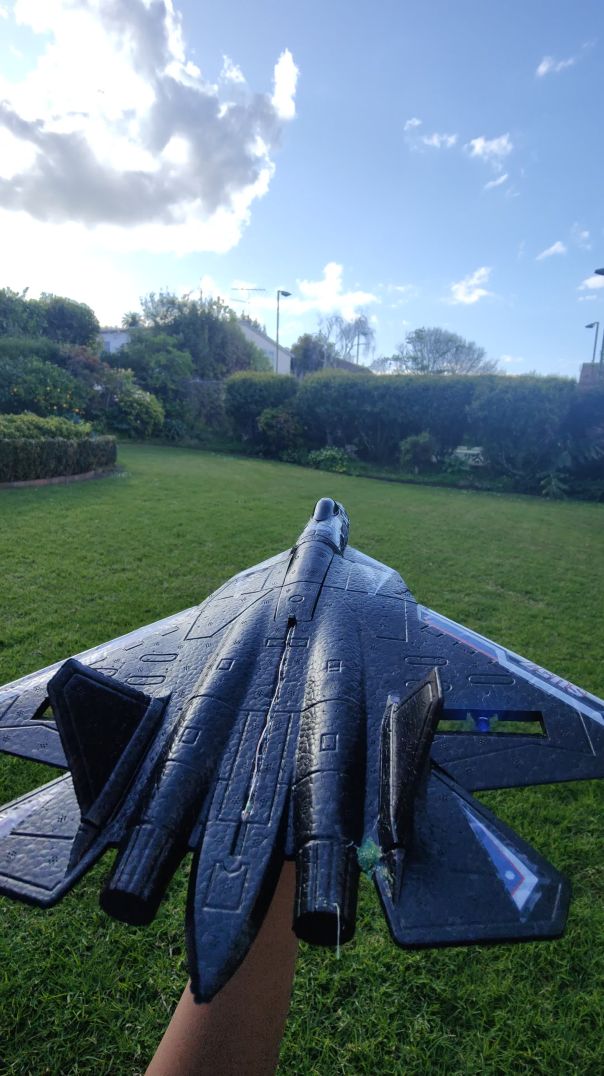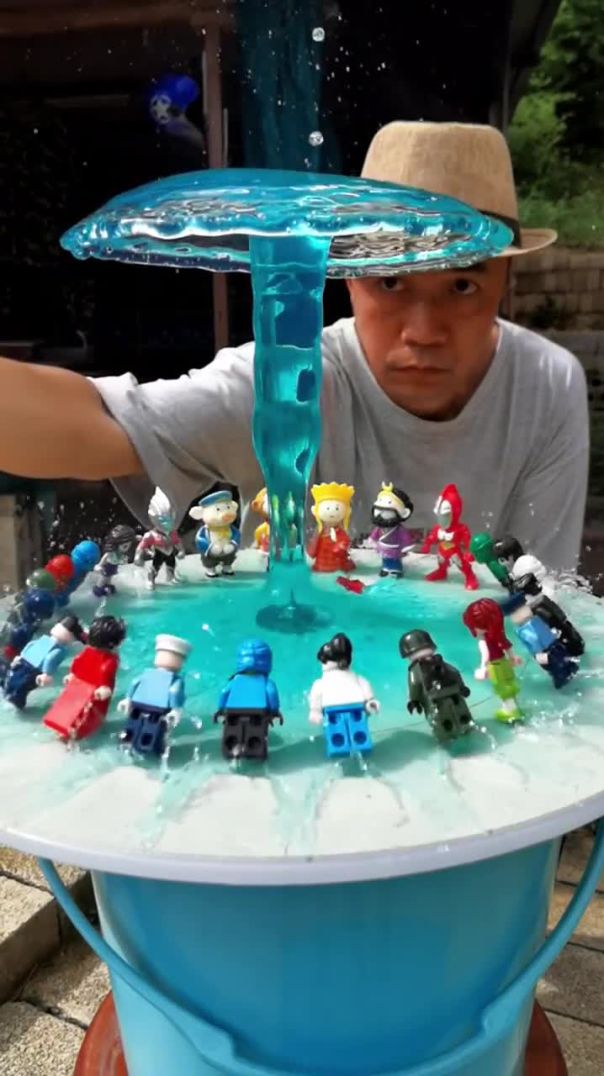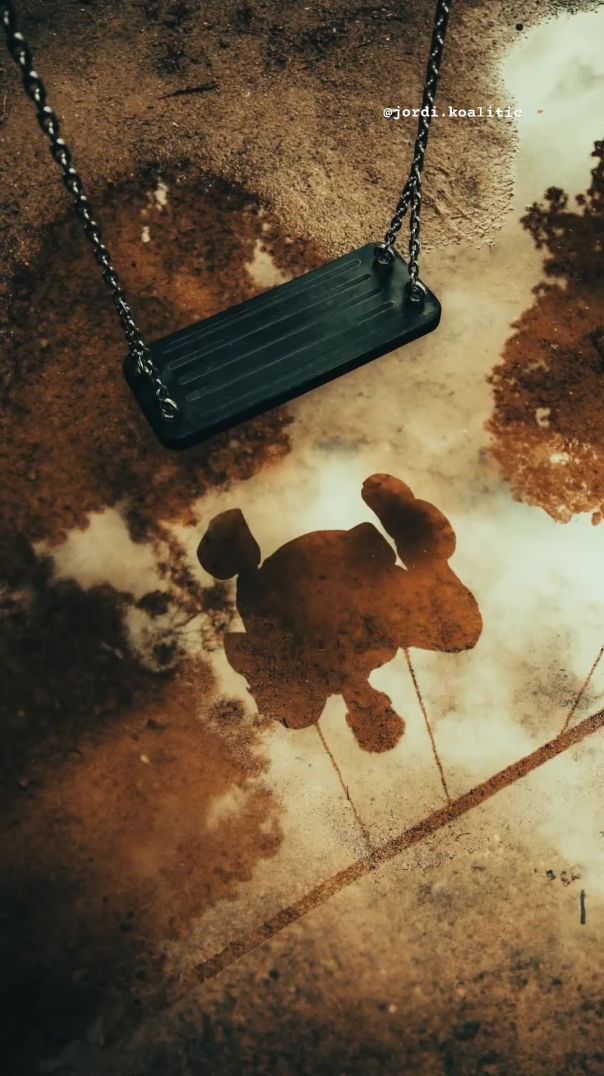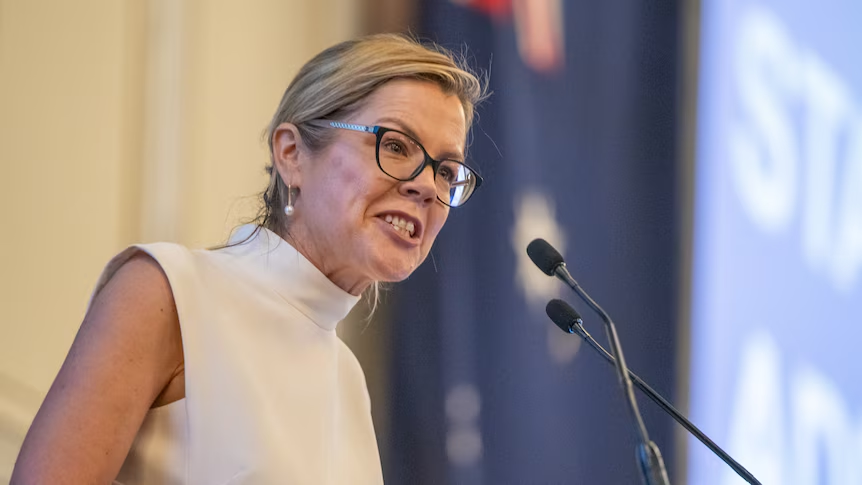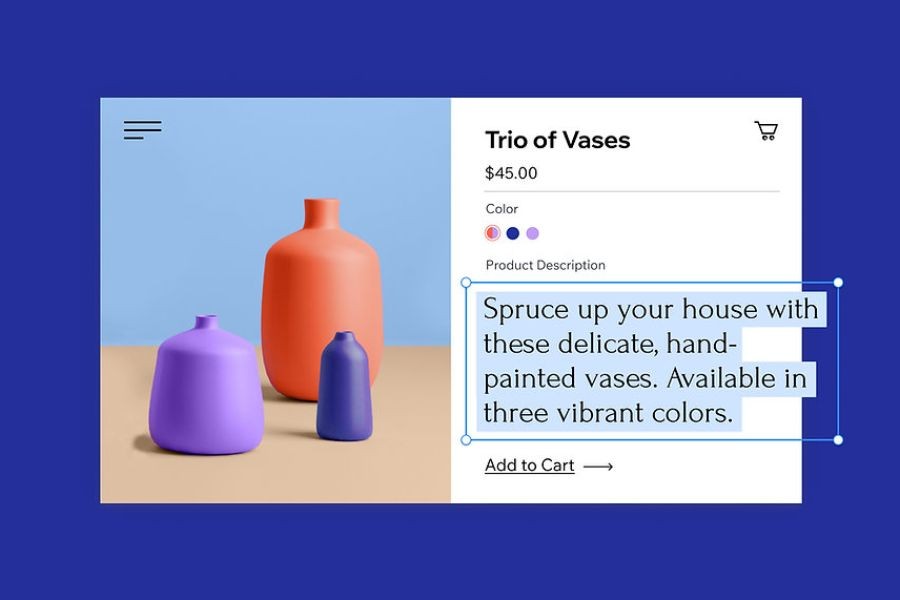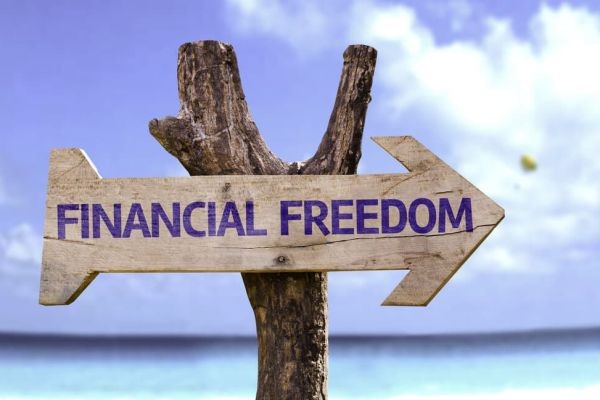As New Zealand businesses increasingly recognize the value of celebrating and incorporating Māori culture into corporate events, the question arises: How do you create a respectful Māori-themed event? Understanding the cultural significance and ensuring authenticity are paramount. With New Zealand's Māori culture deeply rooted in its identity, crafting an event that honors these traditions can enhance community relationships and brand reputation. This article explores key steps and considerations for organizing a Māori-themed event, backed by real-world examples and expert insights.
Understanding the Cultural Significance
Māori culture, or Māoritanga, is an integral part of New Zealand's identity. The Māori are the indigenous people of New Zealand, and their culture is rich with traditions, language, and values. Events that incorporate Māori elements must do so with respect and understanding. According to Stats NZ, the Māori population is expected to grow by 2% annually, highlighting the increasing importance of cultural inclusivity in events.
Key Components of a Māori-Themed Event
- Consultation: Engage with local iwi (tribes) or Māori cultural advisors to ensure the event is culturally appropriate and respectful.
- Venue Selection: Choose venues that hold significance in Māori culture, such as marae (tribal meeting grounds).
- Traditional Protocols: Incorporate traditional practices like pōwhiri (welcoming ceremony) and karakia (prayers) to honor Māori customs.
- Authentic Cuisine: Offer traditional Māori foods, such as hāngi, cooked using traditional methods.
- Entertainment: Include Māori performances like kapa haka to showcase Māori artistry and storytelling.
Real-World Case Study: Air New Zealand
Air New Zealand, a leading airline, has successfully integrated Māori culture into its brand and events. Recognizing the importance of cultural representation, Air New Zealand collaborated with Māori artists and cultural experts to design uniforms and in-flight experiences that reflect Māori traditions.
Problem: Air New Zealand faced challenges in authentically representing Māori culture in a way that resonated with both Māori and non-Māori audiences.
Action: The airline consulted with Te Arawa iwi to incorporate Māori designs into uniforms and included Māori language and cultural elements in their in-flight safety videos.
Result: This initiative fostered positive public relations and enhanced customer satisfaction, with a reported 15% increase in brand favorability among Māori customers.
Takeaway: Engaging Māori communities and respecting cultural protocols can enhance brand reputation and customer engagement.
Common Myths & Mistakes
- Myth: "Using Māori motifs is enough to create a Māori-themed event." Reality: Superficial use of Māori symbols without understanding their meaning can be offensive. Authentic engagement requires deeper cultural knowledge.
- Myth: "Māori culture is a single homogenous culture." Reality: Māori culture is diverse, with variations in customs and traditions across different iwi and regions.
- Myth: "Māori-themed events are only for Māori audiences." Reality: These events can be inclusive and educational for all, promoting broader cultural understanding and appreciation.
Pros and Cons of Māori-Themed Events
Creating a Māori-themed event has its advantages and challenges. Understanding these can help businesses navigate the planning process more effectively.
✅ Pros:
- Cultural Enrichment: Promotes understanding and appreciation of Māori culture among diverse audiences.
- Community Engagement: Strengthens relationships with Māori communities and fosters inclusivity.
- Brand Differentiation: Sets businesses apart by showcasing commitment to cultural values.
❌ Cons:
- Sensitivity Issues: Misrepresentation or cultural appropriation can lead to backlash.
- Complexity: Requires careful planning and consultation with cultural experts.
- Resource Intensive: May involve additional costs and time for authentic engagement.
Future Trends and Predictions
As New Zealand’s demographic landscape changes, the emphasis on cultural events will grow. By 2026, policy updates in New Zealand's cultural sector could further encourage businesses to integrate indigenous practices, enhancing cultural visibility and economic opportunities for Māori communities. According to a 2024 report by MBIE, businesses that embrace cultural diversity are likely to see a 20% increase in overall customer engagement.
Final Takeaways
- Engage with Māori Advisors: Involve Māori cultural experts to ensure authenticity and respect.
- Integrate Traditional Practices: Include ceremonies, language, and foods that honor Māori culture.
- Focus on Inclusivity: Create events that educate and engage all participants, promoting cultural understanding.
- Stay Informed: Keep abreast of policy changes and cultural trends to align business strategies with societal values.
Conclusion
New Zealand businesses have a unique opportunity to celebrate Māori culture through respectful and authentic events. By engaging with Māori communities and understanding cultural nuances, businesses can create meaningful experiences that foster inclusivity and cultural appreciation. What are your thoughts on integrating cultural themes into corporate events? Share your insights below!
People Also Ask (FAQ)
- How does a Māori-themed event benefit businesses in New Zealand? Incorporating Māori culture can enhance brand reputation and customer engagement, leading to a 15% increase in brand favorability, according to Air New Zealand's case study.
- What are the biggest misconceptions about Māori-themed events? One common myth is that using Māori motifs is sufficient. However, real engagement requires understanding cultural significance and context.
- What are the best strategies for implementing a Māori-themed event? Start by consulting with Māori advisors, selecting culturally significant venues, and incorporating traditional practices to ensure authenticity.
- What upcoming changes in New Zealand could affect Māori-themed events? Policy updates by 2026 may encourage businesses to integrate indigenous practices, enhancing cultural visibility and economic opportunities.
- Who benefits the most from Māori-themed events? Māori communities, businesses, and broader audiences benefit through enhanced cultural understanding and strengthened community relationships.
Related Search Queries
- How to plan a Māori-themed corporate event
- Māori cultural advisors for events
- Benefits of Māori-themed events for businesses
- Traditional Māori ceremonies in events
- Māori culture integration in New Zealand businesses


